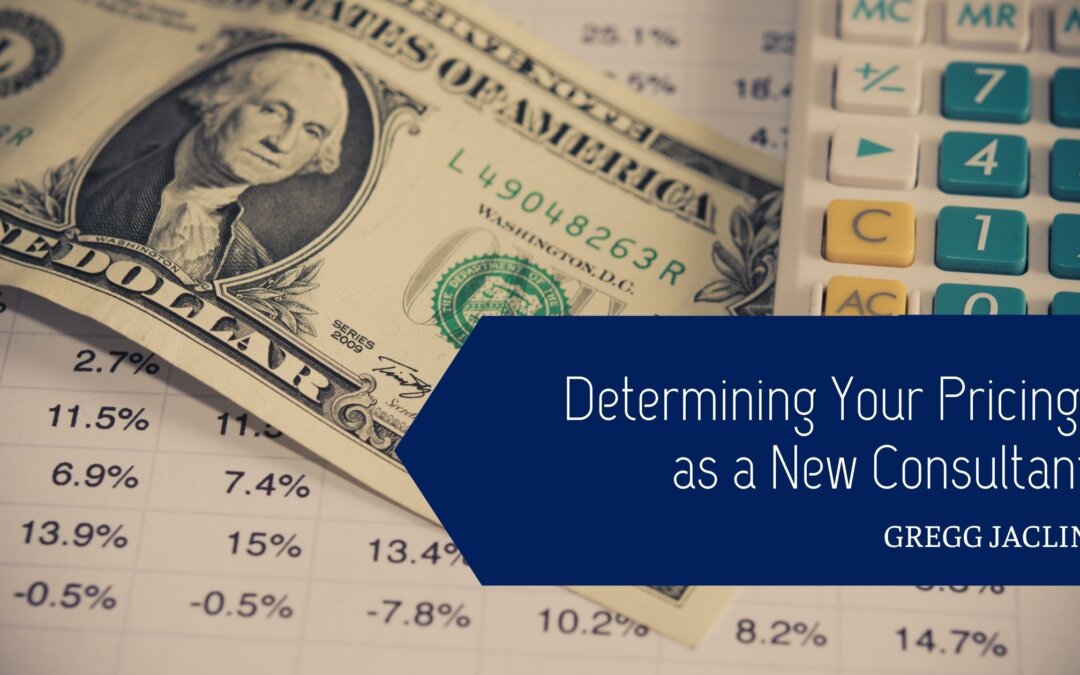Setting the right pricing for your consulting services as a new consultant can be critical and challenging. Your pricing strategy reflects the value you bring to clients and impacts your business’s profitability and perceived expertise.
Here are some key considerations to help you determine your pricing as a new consultant:
Understand Your Costs:
Begin by thoroughly understanding your business expenses. These include direct costs such as materials and tools and indirect costs like overhead, marketing, and administrative fees. You can avoid setting prices that do not cover your basic operational needs by accurately calculating your expenses.
Research Competitor Pricing:
Investigate what other consultants with similar services and expertise charge in your industry and market. This research will provide insights into the pricing landscape and help you position yourself competitively. Keep in mind that your pricing should reflect your unique value proposition and not solely mimic others’ rates.
Consider Your Target Market:
Your target market’s size, industry, and specific needs should influence your pricing. Different industries and markets have varying price expectations. For instance, if you’re targeting startups, your pricing might need to be more flexible than targeting established corporations.
Value-Based Pricing:
One effective pricing strategy is to base your rates on the value you provide to clients. Understand the problems you solve, the opportunities you help seize, and the overall impact of your services on your clients’ businesses.
Offering Packages:
Consider offering different service packages with varying service levels and corresponding pricing tiers. This approach allows clients to choose a package that aligns with their needs and budget. It also allows you to upsell additional services as your client relationships grow.
Start Conservatively:
As a new consultant, starting with conservative pricing is wise until you build a strong portfolio and reputation. Charging lower rates initially can help you attract clients and gain experience. However, ensure you don’t undersell yourself; even at lower rates, your services should be priced to reflect their actual value.
Incremental Increases:
As you gain experience, positive testimonials, and successful projects, gradually increase your rates. Incremental increases show your growing expertise and allow you to capture more value from your services.
Client Feedback and Testimonials:
Gather feedback from your initial clients about the value they received from your services. Positive testimonials can support your pricing strategy, as potential clients are more likely to invest in services that have demonstrated value for others.
Flexibility and Customization:
Be prepared to customize your pricing for specific client needs. Some projects may require more time and effort than others, and tailoring your rates accordingly can help you win contracts that align with your skills and interests.
Remember that your pricing strategy is not set in stone. It’s important to evaluate and adjust your rates based on market trends periodically, demand for your services, and your growing expertise. Striking the right balance between affordability for clients and fair compensation for your skills is crucial for building a successful consulting business in the long run.

